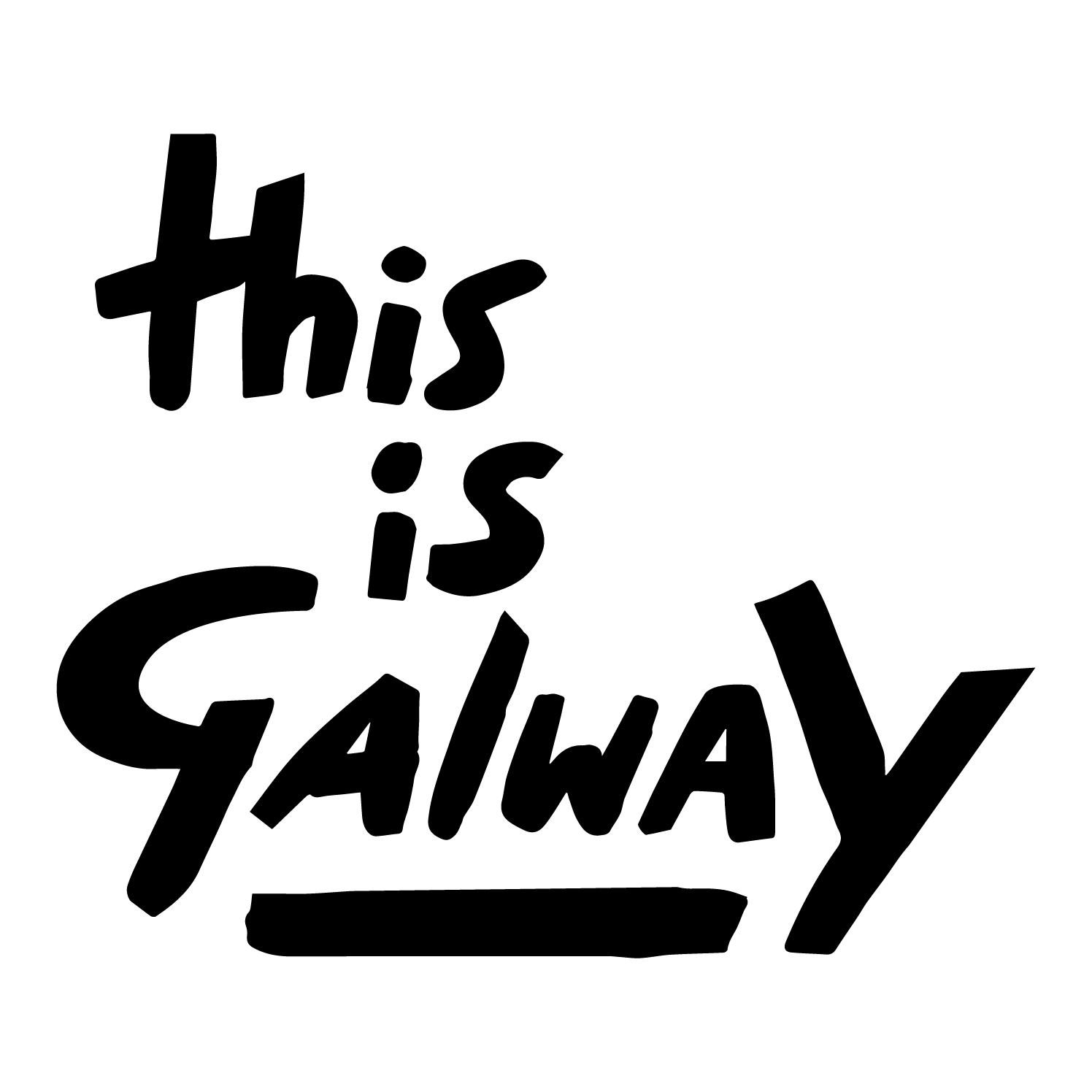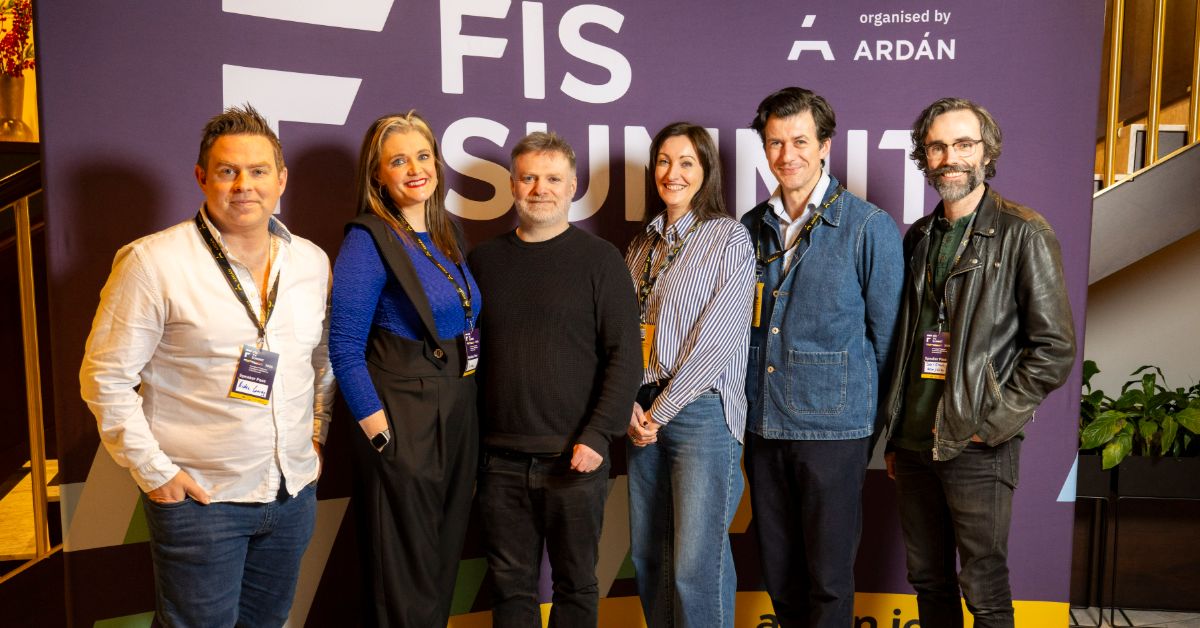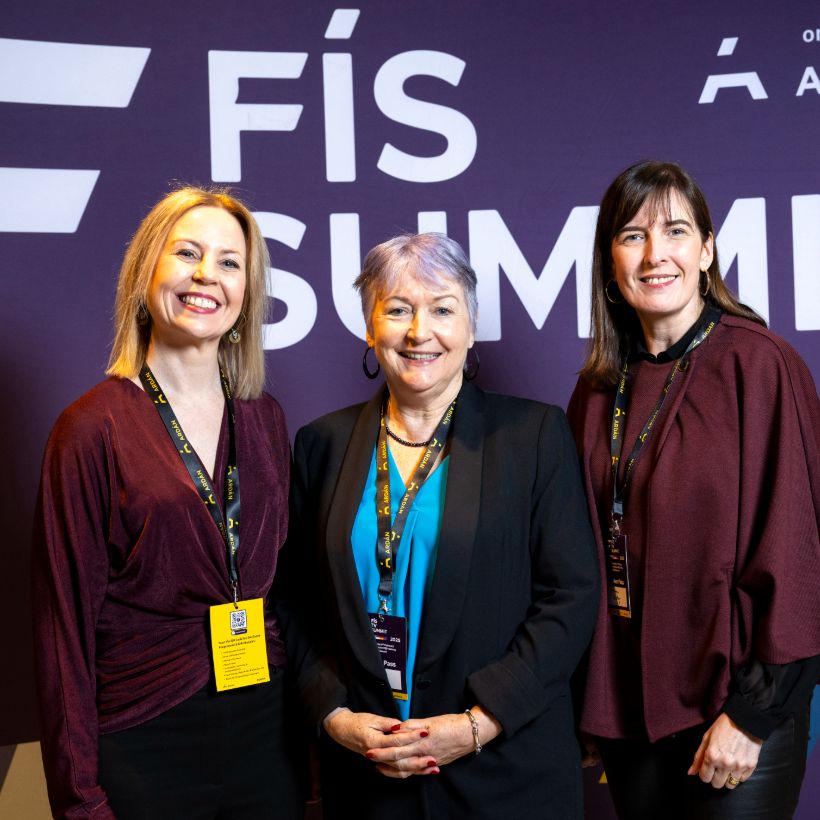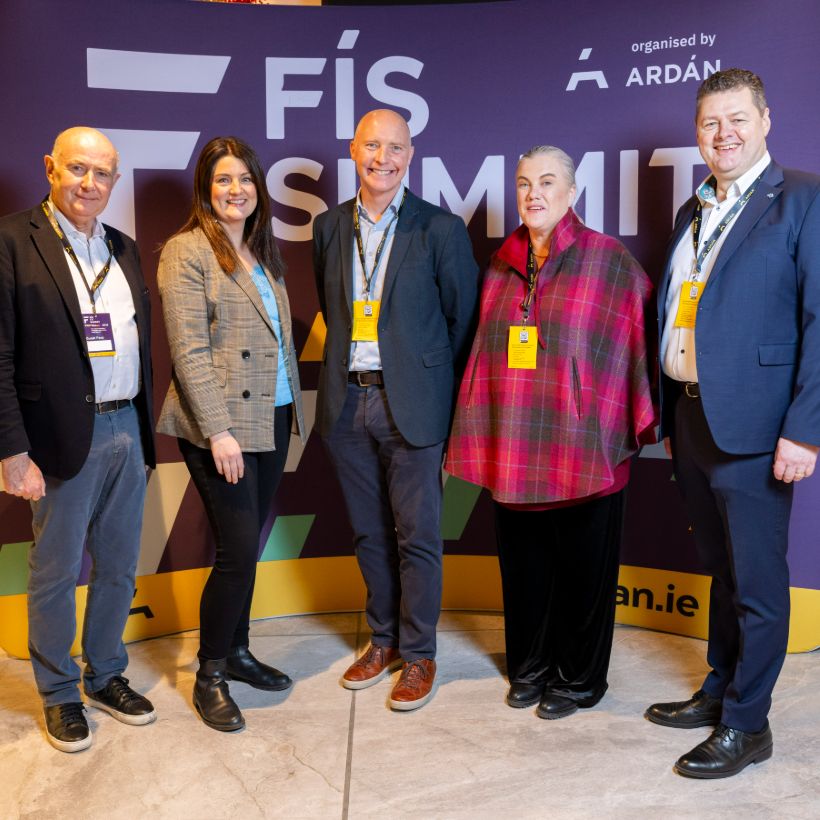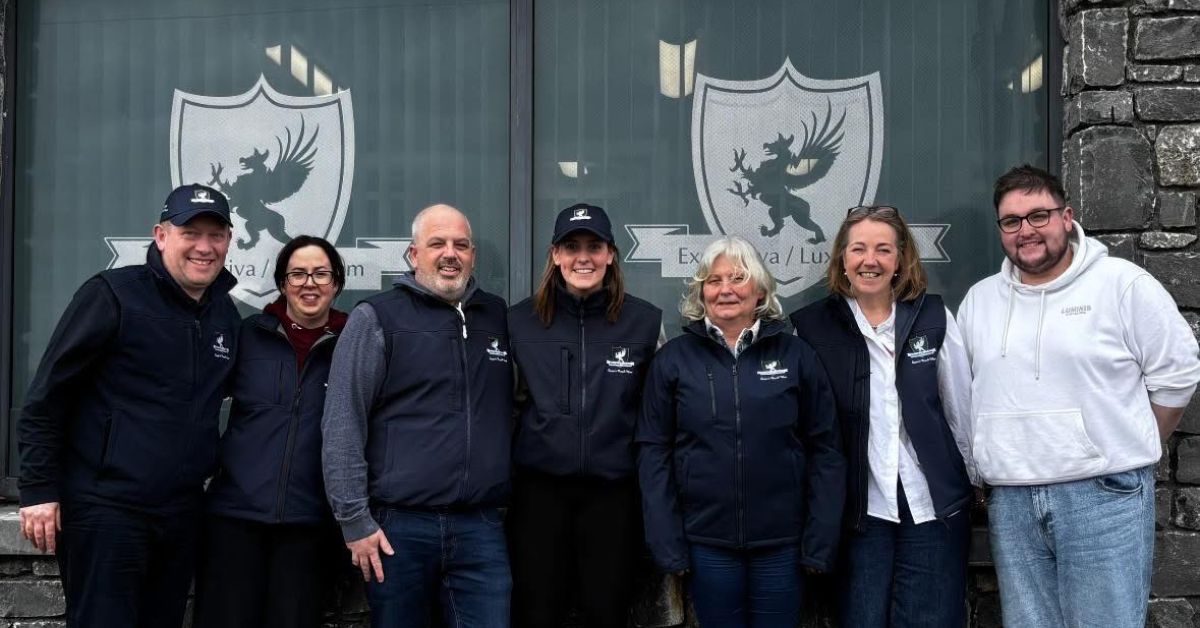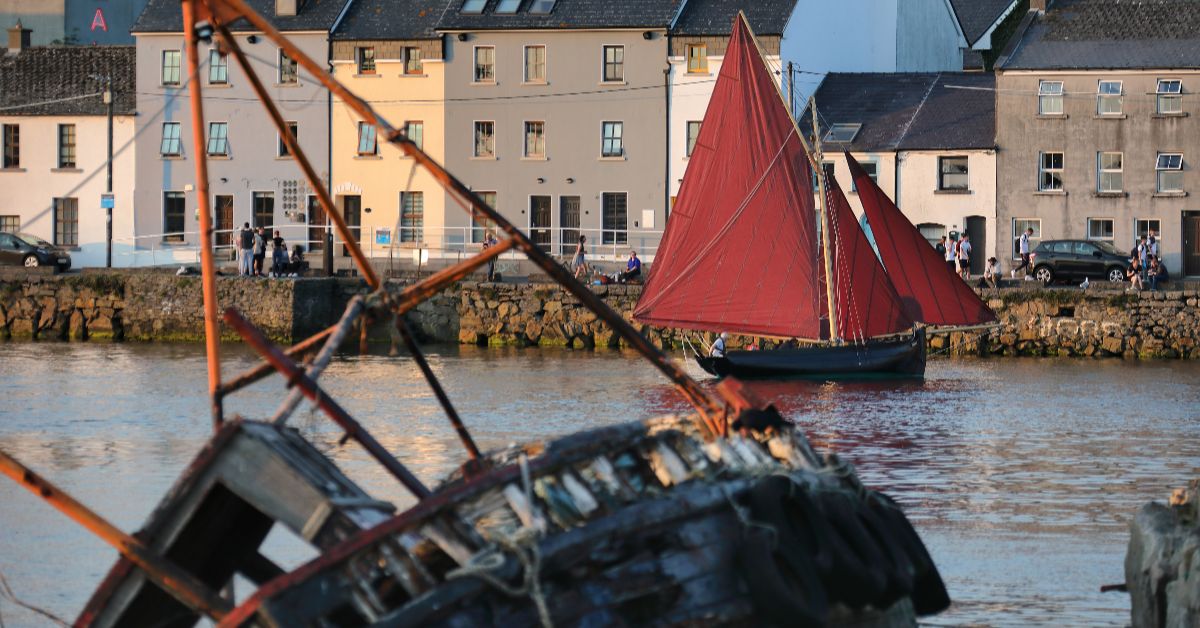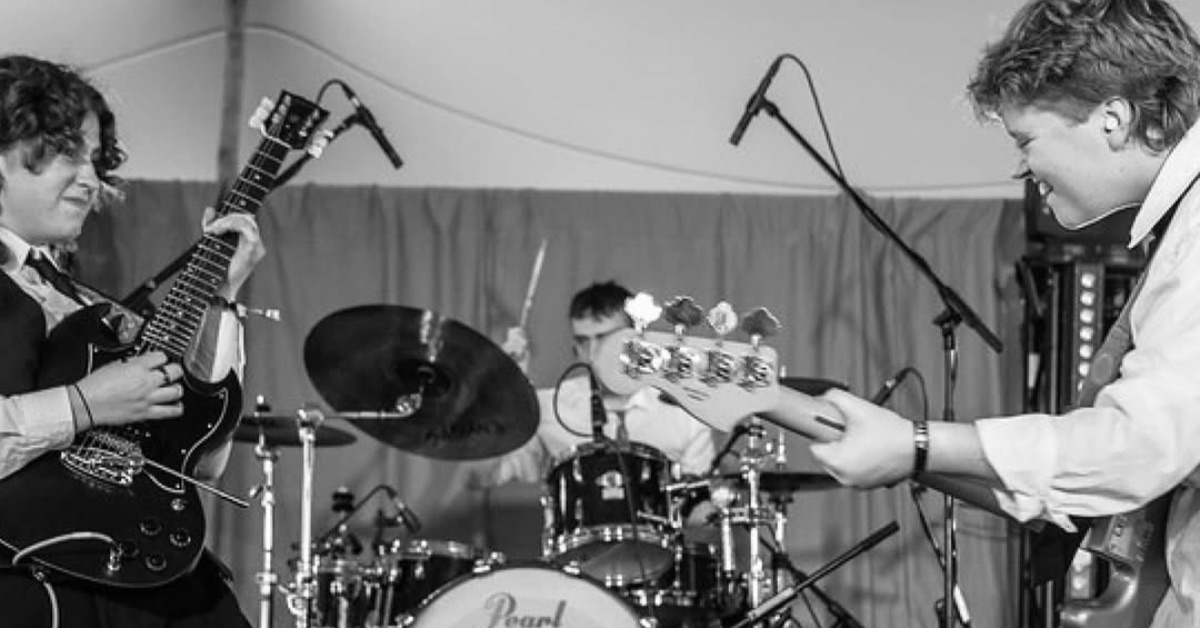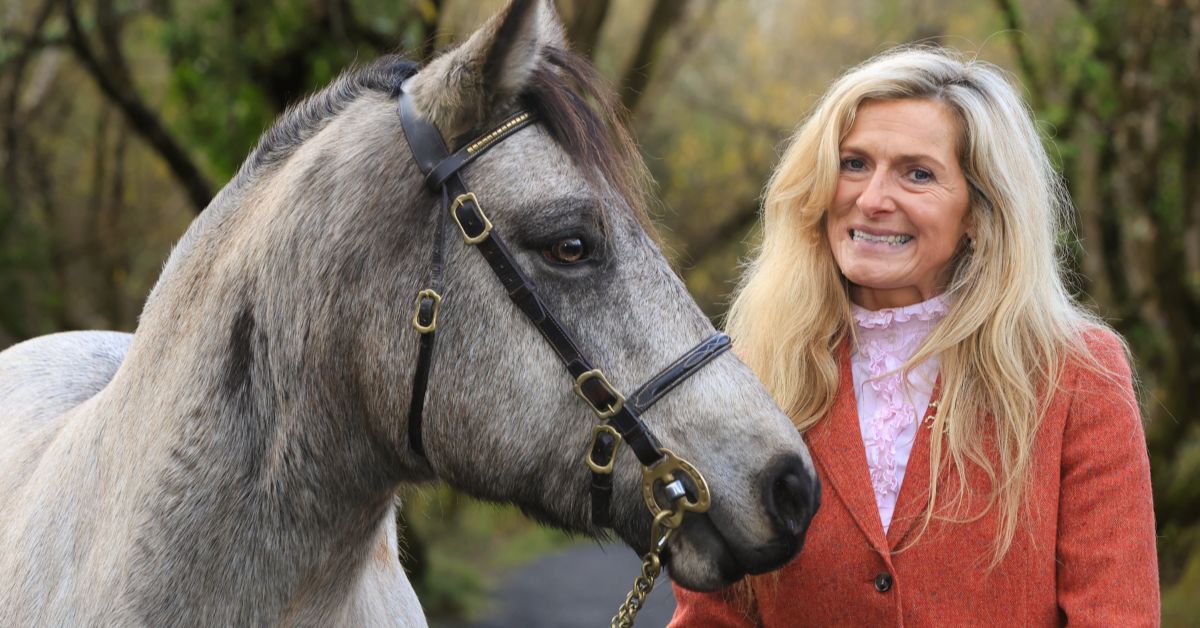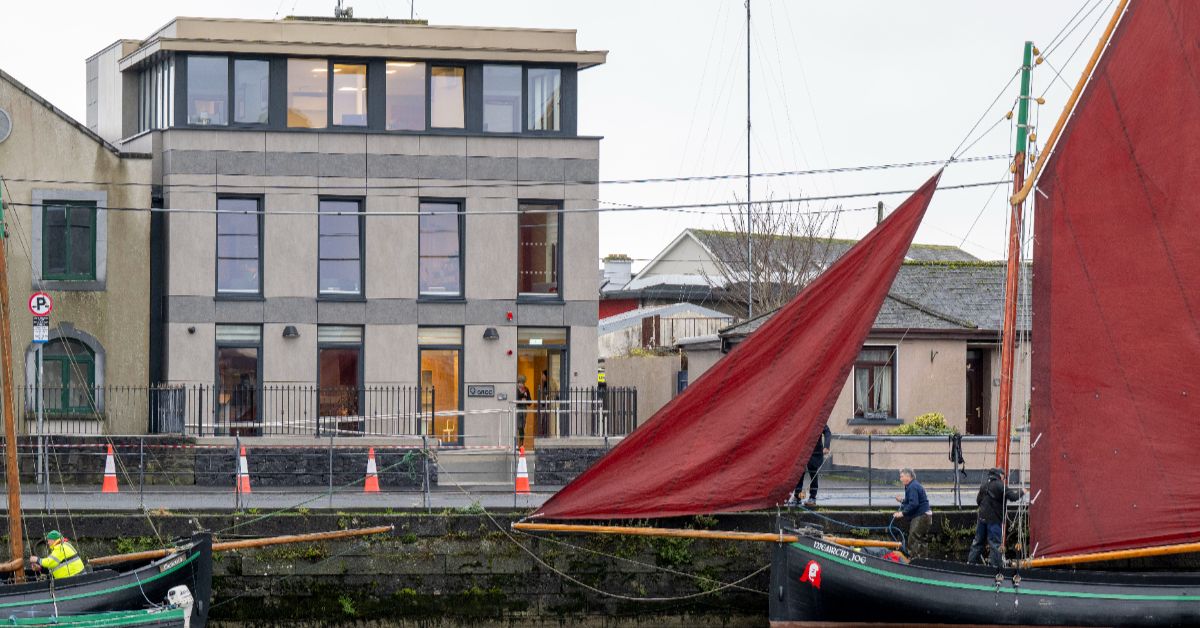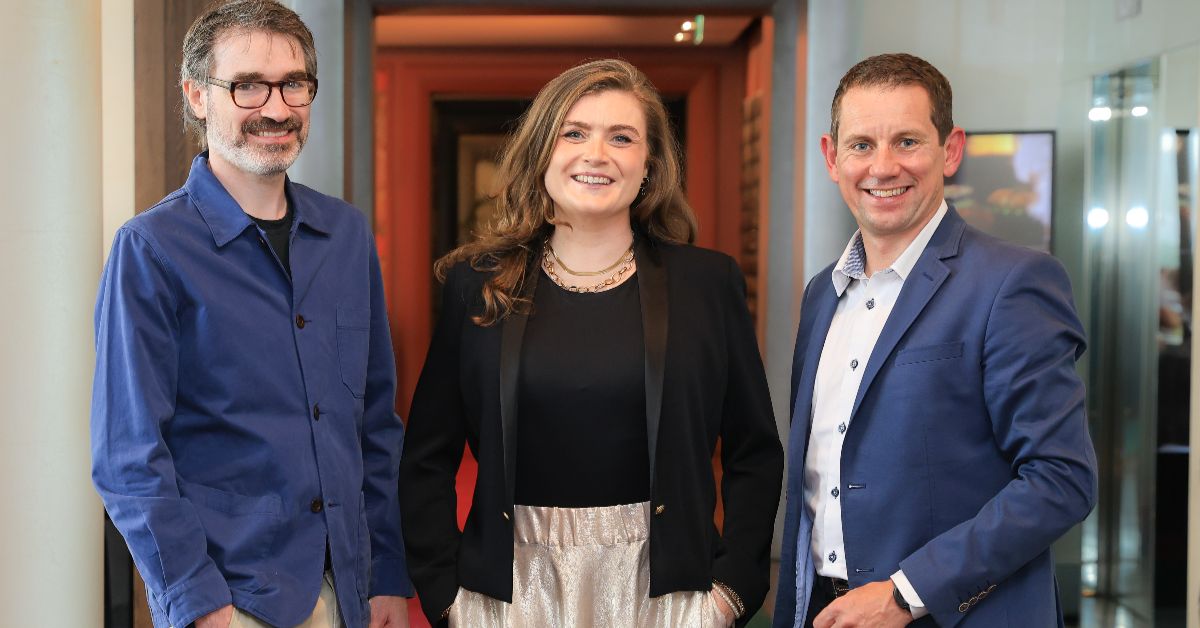An international audience for Irish language drama, produced in the West of Ireland, can be captured if the industry takes advantage of tapping into diverse markets and wider funding opportunities. - This was the message of the FÍS TV Summit 2025, organised by Ardán, the largest and most important event for the TV and AV industry in Ireland, attracting 350 attendees, including speakers from RTÉ, TG4, BBC, Channel 4, Sky, and Channel 5, industry experts and leading producers and production companies.
The international success of Irish language crime thriller, CRÁ, screened on both TG4 and the BBC, was a focal point of the event which took place in the Radisson RED in Galway City. In the words of Máire Ní Chonláin Commissioning Manager of TG4, the success of a series like CRÁ has put “the Irish language on the international stage”.
CRÁ, while shot in Donegal, is a Galway success story. It features a number of Co Galway actors, including Dónall Ó Héalai in the lead role of Conall, and was co-produced by Connemara’s Fíbín Media, with co-funding from Galway media training body, Gréasán na Meán Skillnet. The Guardian has praised the series as “an Irish take on the Coen brothers’ blackly comic crime series Fargo”.
While CRÁ has shown what the Western AV industry can achieve, speakers at FÍS emphasised that co-production with British and EU broadcasters, developing relationships, and greater awareness of how to access different funding sources are vital to future-proof the sector.
Julie Clark, Director of Production, ITV Studios UK Scripted, noted that British production companies are beginning to see the value of working in Ireland and with Irish producers, cast, and crew. She said film crews here are often “more adaptable, more flexible” than in the UK, due to experience in covering diverse projects in independent and major film productions, as well as in different styles of TV. She also noted “a passion about storytelling and the creativity as opposed to they're just coming onto another job”.
Marc Lorber, founder & Exec Producer at The Art of Coproduction, told the conference that Ireland, being English speaking, but with an ability to also produce content in Irish and being next door to Britain, but a full EU member, was a huge advantage to securing co-production and accessing diverse markets and wider funding streams. “Screen Ireland and Screen Producers Ireland have to find those bursaries, those partnerships, those connections with Canadians, Australians, obviously with English speaking countries, but with non-English speaking as well, the Germans, the Spanish, the Nordics and the French, where there is money and opportunity,” he said.
Collaboration was also emphasised for the Irish TV Unscripted sector, which covers light entertainment, reality TV, sports broadcasts, and documentaries. Shinawil’s Larry Bass said 2024 had been challenging for the sector with various factors, including shifts to online, and cutbacks, reducing available funding. However, there was optimism that the newly introduced Section 481 tax incentive for non-scripted TV production has the potential to generate sustainable jobs in the industry. “We've got Europe's first unscripted tax credit coming and it's going to radically alter the way the Irish market is perceived internationally,” said Jamie Macken, Director of Business Development & Corporate Affairs at Bigger Stage.
Speakers noted that this will only be realised through ongoing lobbying for the credit's full implementation, along with strategies to attract younger talent and enhance the international appeal of Irish formats.
Intellectual Property and film and TV adaptations were also examined throughout the FÍS Summit, including a proposal for a unique talent show concept whereby audiences could interact with authors and their narratives in real time, as a way of delivering unscripted entertainment in a fresh manner. Ailish McElmeel of Deadpan Pictures, also stressed the importance of Irish producers holding 50% of the IP in order for the industry to remain competitive.
While the present situation’s triumphs and challenges were considered, the future was present in all discussions, with the importance of developing Irish talent in the production, scriptwriting, and crew sectors, foremost in speakers' minds.
“We are punching above our weight and we can keep going,” said Jackie Larkin, founder of Newgrange Pictures. “We're in Europe, so there's lots of opportunities that we need to keep tapping into. We're English speaking and Irish speaking, so we just need to keep working those methods.”
All photos by Andrew Downes.
Published on Updated on